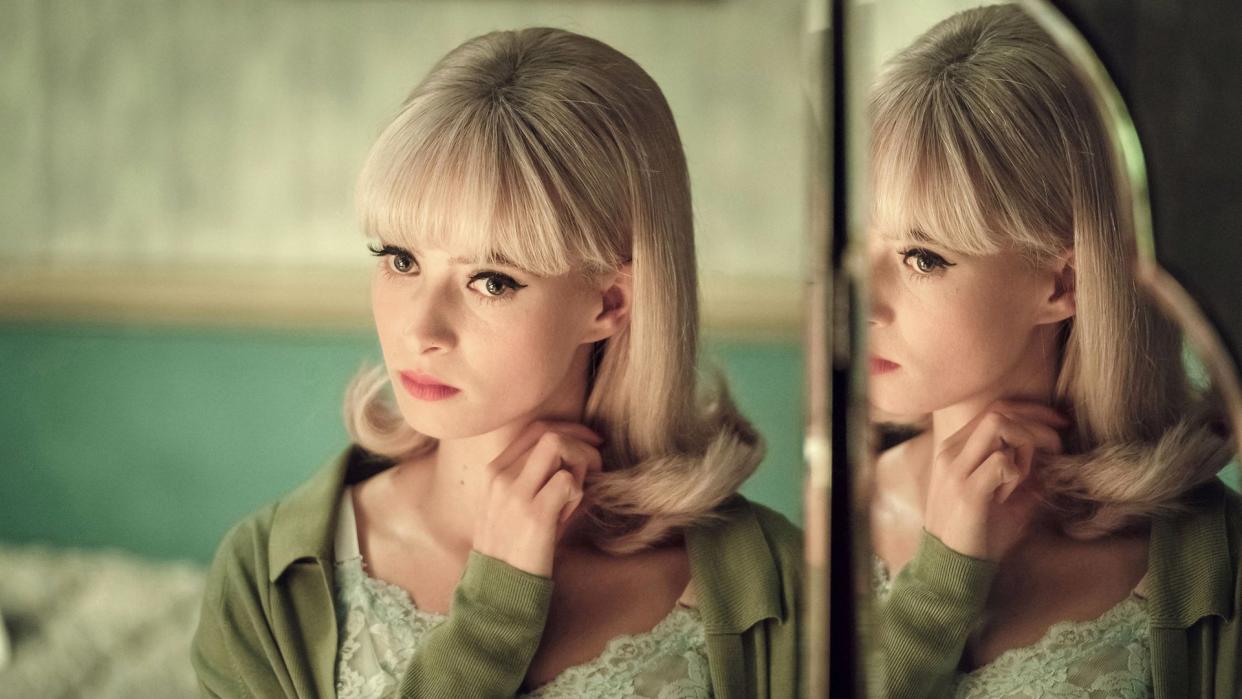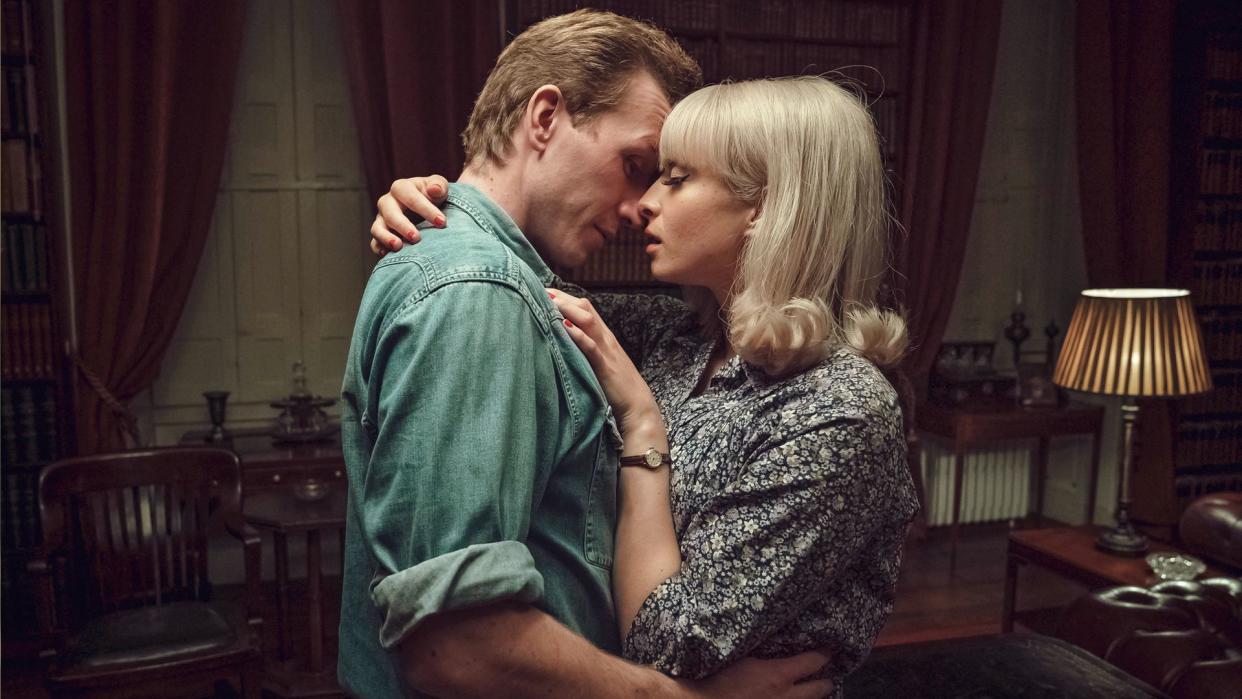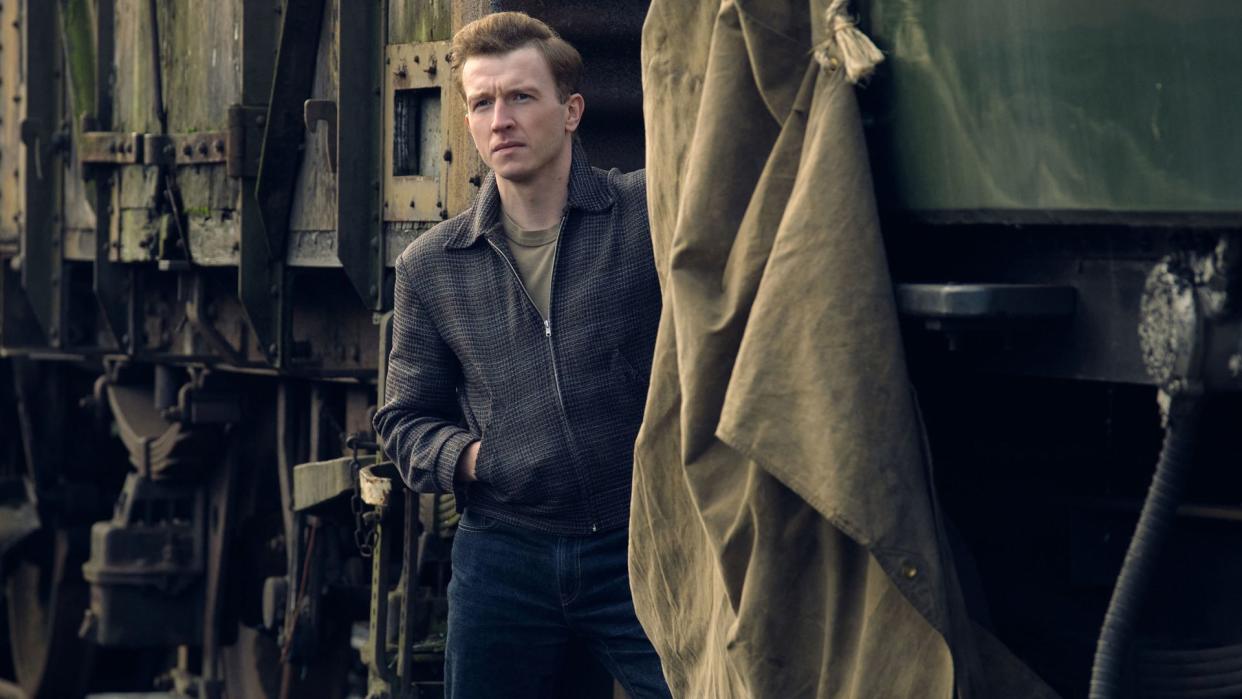PBS’ ‘Ridley Road’ holds lessons to America from ′60s London
It took eight long years for Sarah Solemani to get a murky part of Britain’s post-World War II history from the pages of a book to our TV screens.
She had been impressed by Jo Bloom’s 2014 novel “Ridley Road,” about a Jewish-led underground anti-fascist resistance movement in London in the 1960s. But making it into a series was hard-going at first.
“It got rejected everywhere. No one wanted to make it. It felt very niche,” she said. Then two things happened: Brexit in England and Donald Trump in the United States. Suddenly, nativist lurches in democracies weren’t so niche.
“I just had to be relentless in pushing it. And I’m glad I did, because, actually, it reveals a lot about the country when it came out,” said the English actor, writer and activist.

“Ridley Road,” a four-part series that makes its U.S. debut Sunday on PBS’ “Masterpiece,” takes viewers to a part of British history that they may not have known. In the early ‘60s, members of the fascist National Socialist Movement held rallies in London, waving swastikas and demanding leaders “free Britain from Jewish control.”
“We like to think we’re on the right side of history,” said Solemani, who grew up in London with an Iranian father and Northern Irish mother. “We like to think of history as good guys and bad guys. And we were the good guys and Hitler was a bad guy and he died in the bunker and that was the end of it. And it’s not true.”

Named for a multicultural thoroughfare in ‘60s northeast London, “Ridley Road” centers on an unconventional heroine, a young Jewish hairdresser who goes undercover into the neo-Nazi movement. While her story may be fictional, the history of fascists fighting anti-fascists on the streets of London is not.
“I think what this series does is just remind us that we are constantly battling against fascism, Nazism and neo-Nazism. I think the show is very relevant because it reminds us that this is ongoing,” said Susanne Simpson, “Masterpiece” executive producer.
“This is a slice of history that certainly I didn’t know had taken place in Britain, and I don’t think many people had known. But it’s true today. We see it happening in the U.S. and we see it happening worldwide. And what question I think Sarah was asking with the show was, ‘What are we going to do about it?’”
While set during what is considered the fun, liberating Swinging Sixties, the series explores how fascism can take hold. In the case of England, the rise of large corporations disturbing main street’s mom-and-pop stores, an influx of foreign workers to rebuild post-war Britain and the bulldozing of homes to make skyscrapers all played a part. Some vulnerable people became susceptible to the slogan “Take Our Country Back.”

The chapter in British history might have seemed very dusty and foreign to Americans until 2017 when hundreds of white nationalists descended on Charlottesville, Va., screaming “Jews will not replace us!” All of a sudden, “Take Our Country Back” wasn’t too far away from other nativist slogans like “Make America Great Again.”
The series underscores that pluralistic democracies need to be actively protected and that freedom is a privilege that shouldn’t be passively given away. As one Jewish leader says: “An anti-fascist fights. An anti-fascist does.” Still, Solemani says there are many ways to do that.
“I’m very cautious of telling people they need to do more because people are at maximum capacity — they’re working longer hours, not earning enough,” she said. “It’s not about shaming people into doing more. It’s saying a good antidote to being overwhelmed and a good antidote to despair is action.”
